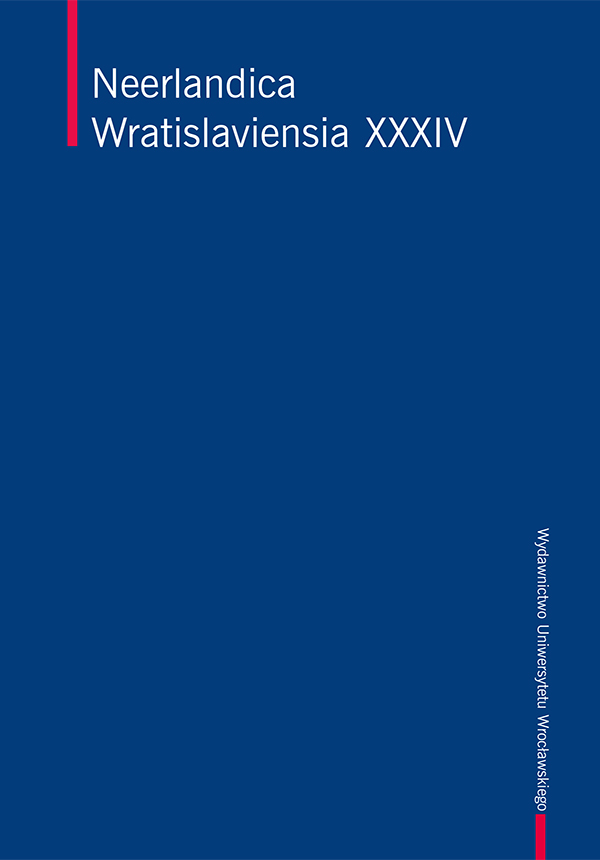

Artykuły

In 1918 a Catholic university (KUL) was founded in the Polish city of Lublin. Idzi Radziszewski (1871–1922), a graduate of the Catholic University of Leuven (KU Leuven), became the first rector of KUL. The connection with KU Leuven is an important part of the founding narrative of this Polish university. But what about Dutch studies – were they pursued before 1977 (the official beginning of Dutch studies at KUL)? The aim of this article is twofold. First, it examines the extent of the Polish-Dutch and Polish-Flemish academic exchanges between 1918 and 1939, focusing on Polish graduates of Belgian universities working at KUL, KUL scholars visiting Belgium and the Netherlands and Flemish and Dutch scholars employed at KUL. Subsequently, the relationship of the earliest products of the scholarly activities of the leading members of the academic community at KUL with Dutch studies will be assessed: Idzi Radziszewski’s Wszechnica katolicka w Lowanium [The Catholic University in Leuven, 1908], “Ruch flamandzki” [“The Flemish Movement”, 1923] by Gommar Michiels OFMCap and future cardinal and primate of Poland Stefan Wyszyński’s Główne typy akcji katolickiej za granicą [The Main Types of Catholic Action Abroad, 1931]. Of these, Michiels’ article is the most significant monographic contribution to the field of Dutch studies. However, the other two are important works in which the objects of Dutch studies are presented in an interdisciplinary context.